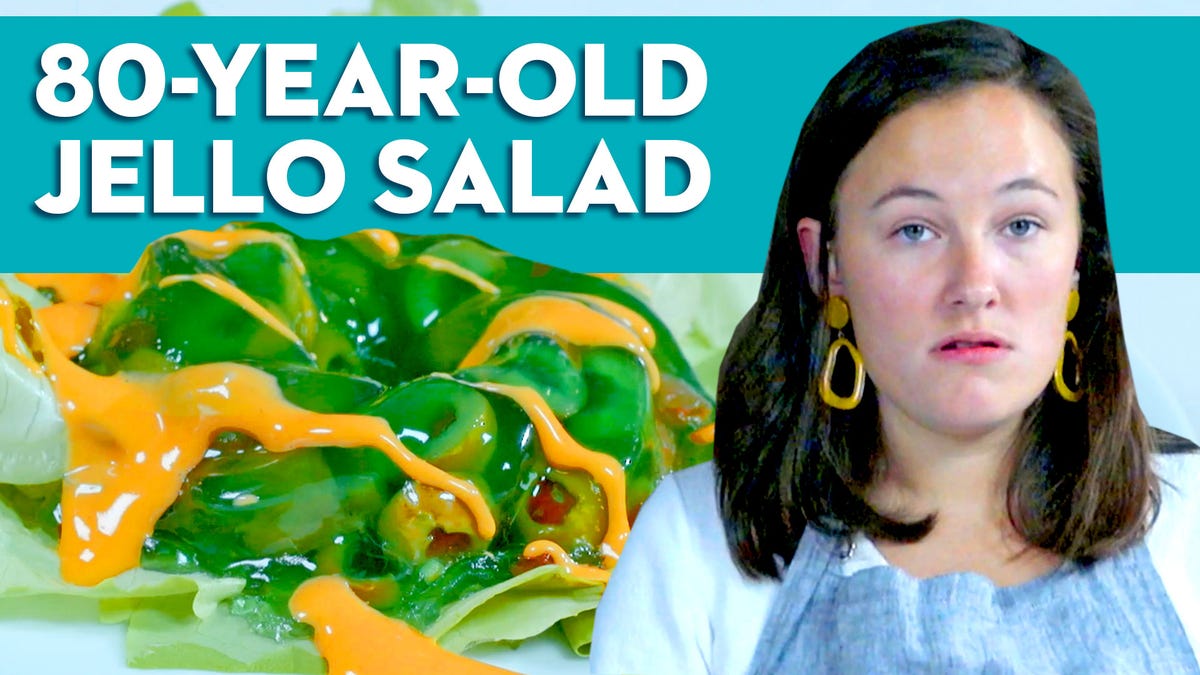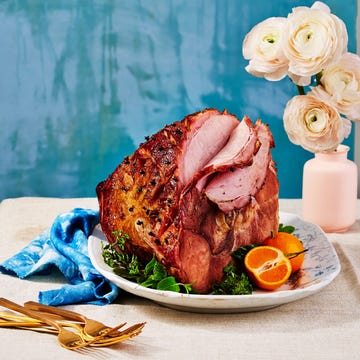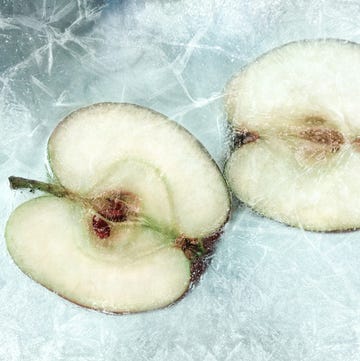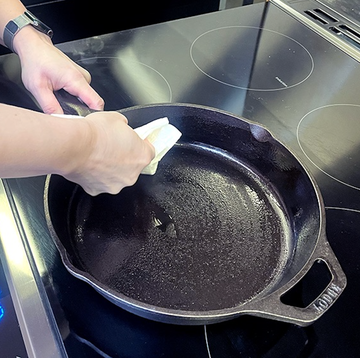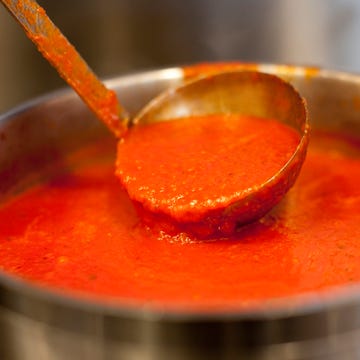Boil ‘em, mash ‘em, stick ‘em in a stew: However you cook them, potatoes are unquestionably one of the most versatile (and delicious) kitchen staples you can have on hand. They’re also incredibly hardy, with a shelf life of months or more — if you know how to store them properly, that is. You may be asking yourself, "can I store potatoes in the fridge?" To get to the root of that very important potato storage question, I asked Chief Food Director Kate Merker for her top tips on keeping taters fresh, flavorful and ready to fry.
How long do potatoes last?
If stored the right way, potatoes can last for weeks or even months, says Merker. Just don’t forget about them. “Make sure to check them out every once in a while. If you see one starting to develop a spot or sprout, separate it from the rest of the crowd,” she explains.
Don’t throw away a potato just because it’s got a few spots, however. “You can cut out sprouts and still use the potato,” Merker says, as long as there is no other visible deterioration. Rotten or moldy potatoes should be tossed out ASAP, advises community-based educational program Oregon State University (OSU) extension service, as these “may spread spoilage or disease microorganisms to other potatoes.” Potatoes showing excessive greening should also be tossed, according to OSU extension, as they may contain high levels of toxins like solanine.
Keep potatoes cool, but not too cool
This is one of the biggest — if not the biggest — rule to remember about storing your spuds: Do not store potatoes in the fridge! While potatoes love a cool, dry, dark environment (such as a cupboard or pantry), colder temperatures will cause them to quickly deteriorate.
“When potatoes are chilled or refrigerated at 40°F or less,” explains Merker, “their starches can convert to sugar which can alter both the flavor and texture.”
How does this translate on a culinary level? “In my experience, if potatoes are left in the fridge for an extended period of time, they can become soft, mealy and lose their potato flavor and discolor faster when cooking,” says Merker. Even worse, storing potatoes at cold temps can increase levels of acrylamide, a chemical known to cause cancer in laboratory animals, says the Food and Drug Association (FDA). Acrylamide forms when food is cooked at high heat (such as deep frying).
Instead, Merker suggests storing potatoes “in a cool dark place in a mesh bag or wire basket” to allow for proper air circulation, a crucial step to help reduce moisture buildup and prevent spoilage. For the same reason, you should wait until right before cooking to rinse your potatoes — though, Merker says, you can quickly brush off any dirt before storing them.
Choose the right neighbors
Potatoes and onions are absolutely delicious together, whether you bake them both into a Spanish potato tortilla or add them into a crispy chorizo hash. One place they should never hang out, however? The cupboard. “Onions produce ethylene gas and can make the potatoes start to shrivel or grow sprouts,” Merker explains. Other ethylene producers, such as avocados, bananas and apples, should also be stored separately.
What about storing prepped or cooked potatoes?
Prepping potatoes in advance can be a great way to save time, especially when cooking for a crowd. If you do choose to peel or slice your potatoes in advance, however, make sure to store them in water. This, Merker says, prevents the potatoes from oxidizing and turning brown. Plus, soaking potatoes before frying removes excess starch, which “can render the interior a bit fluffier and the outside a bit crispier,” explains Merker.
Got leftover cooked potatoes? Put them in the fridge. Depending on the type of dish, Merker says, potatoes stored in an airtight container should last up to a week in the refrigerator. She also prefers reheating roasted potatoes in the air fryer for the crispiest results. To reheat mashed potatoes, we recommend using a double boiler.
Kate Merker (she/her) is the Chief Food Director of the Hearst Lifestyle Group, overseeing the team that produces food content for several Hearst titles, including Good Housekeeping, Women’s Health, Prevention, Woman’s Day and Country Living. She has clocked nearly 20 years of experience in food media and before that, worked at some of New York City’s finest restaurants.

